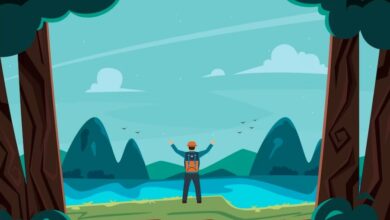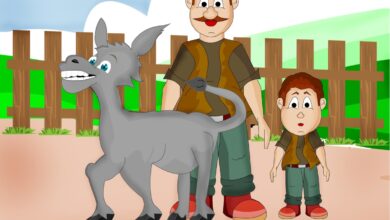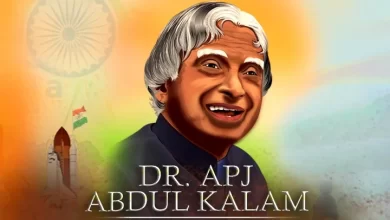Coach Calling: Canada lifted restriction on work hours but here’s how to use them best

I was really elated when I heard that Canada lifted the work restrictions for students, enabling them to work for more number of hours per week while studying. It is a very good gesture and a required move indeed, especially after the devastating effects of the pandemic which has made our savings almost NIL.
A confession:
One of the main reasons why I discourage students from pursuing courses abroad is the financial burden that it often leads to. In all my columns, the first thing I’ve asked every student is whether their parents are in a position to afford their education and other expenses that are generally incurred, without it leading to a financial crisis at home. Getting an education loan isn’t the point, repaying them is where REALITY BITES. I’ve seen a lot of my friends and students spend upto Rs 1 crore for their education and find it difficult to even land a job that pays 30,000 per month initially. I’ve been a life coach for more than a decade and have often seen the worst in life, hence, in matters like these, I always follow the “it’s better to be SAFE than SORRY” principle.
What about the lucky ones who did manage?
I refer to all those who managed to go abroad to study as lucky, as it’s not easy to get there. The financial aspect is a hurdle, but the ability to cope emotionally and manage independently along with getting homesick is quite a herculean task. But now that you’re there, here are three mantras I’d like you to follow.
1. Don’t trip thinking it’s a trip
One of the main mistakes that I’ve seen students make is treating studies abroad as an opportunity to party, meet women, experiment with all that they can, travel, explore and so on. The whole point of studying usually is the add-on but not the main agenda. I emphasise this aspect as it’s very important to understand that you can always have all the fun in the world once you’re done with studies. If studying isn’t on your mind but all the other things I’ve pointed out above, then please save everyone the trouble, study here itself, get a job, save enough and go on vacations whenever and wherever you want. It’ll work out much cheaper and you won’t have the burden of a hefty education loan on yourself.
2. Luxury, fun and other activities = 0; studies = 100
Simply put, your studies come first. I’ve seen many students get into a party mode and never come out of it, simply because of the freedom they enjoy. Well! I’m sure everyone says this but I’m not everybody as I’ve seen enough students repent after having fun for a couple of years (or more depending on the course), when they realise how they’ve driven their careers to the ground. You have enough fun on campus and there are always your vacations. Make hay when the sun shines is all I’m saying.
3. Work is worship
The first thing I’d like you all to focus on is making a REALISTIC PLAN and ensuring that your study isn’t affected by your working hours. You need to be able to manage everything on your plate efficiently. We all know what all work and no play does, but all work and no study will lead to equally devastating results. I’m sure you all would have heard about WORK-LIFE balance, but for students, the equation changes to STUDY-WORK-LIFE balance. Studying is the first priority, work to support life is second and then comes managing leisure and other activities which add value to life.
Working while studying abroad has a slew of benefits. Some of these are:
A. It helps to reduce the financial strain on your parents, or in some cases, leads you to become completely independent and not take a rupee for your expenses altogether.
B. If you are able to land a job that is in line with what you’re studying, you’re hitting two birds with one stone. I call this the ACADEMIC EDGE and the PRACTITIONER EDGE. You’re studying and learning the best in your chosen field which gives you the edge over other places. But you’re also able to apply it in real life and practice, which makes you well versed in the practical aspect of your learnings. Now that’s real-life education.
C. Hard and soft…the best of both worlds!
Another area in which you’ll get to learn the best of both worlds is understanding the limitations of hard skills (which is your certification, graduation or technical skills) and realise the importance of SOFT SKILLS. Soft skills include communication skills, negotiation skills, teamwork, interpersonal skills and the like. These skills are what make us human too. Not just soft skills, you’ll even get a chance to learn and polish the essential LIFE SKILLS which consist of some of the soft skills, and which are important for us to lead a life.
Last but not the least, it makes you understand the efforts that go into earning a livelihood. Somewhere we all take our parents for granted as long as they are providing for us, but don’t really understand how tough it is to do so. I’ve personally failed in all the above aspects as I always wanted to study abroad, but it just never happened.












